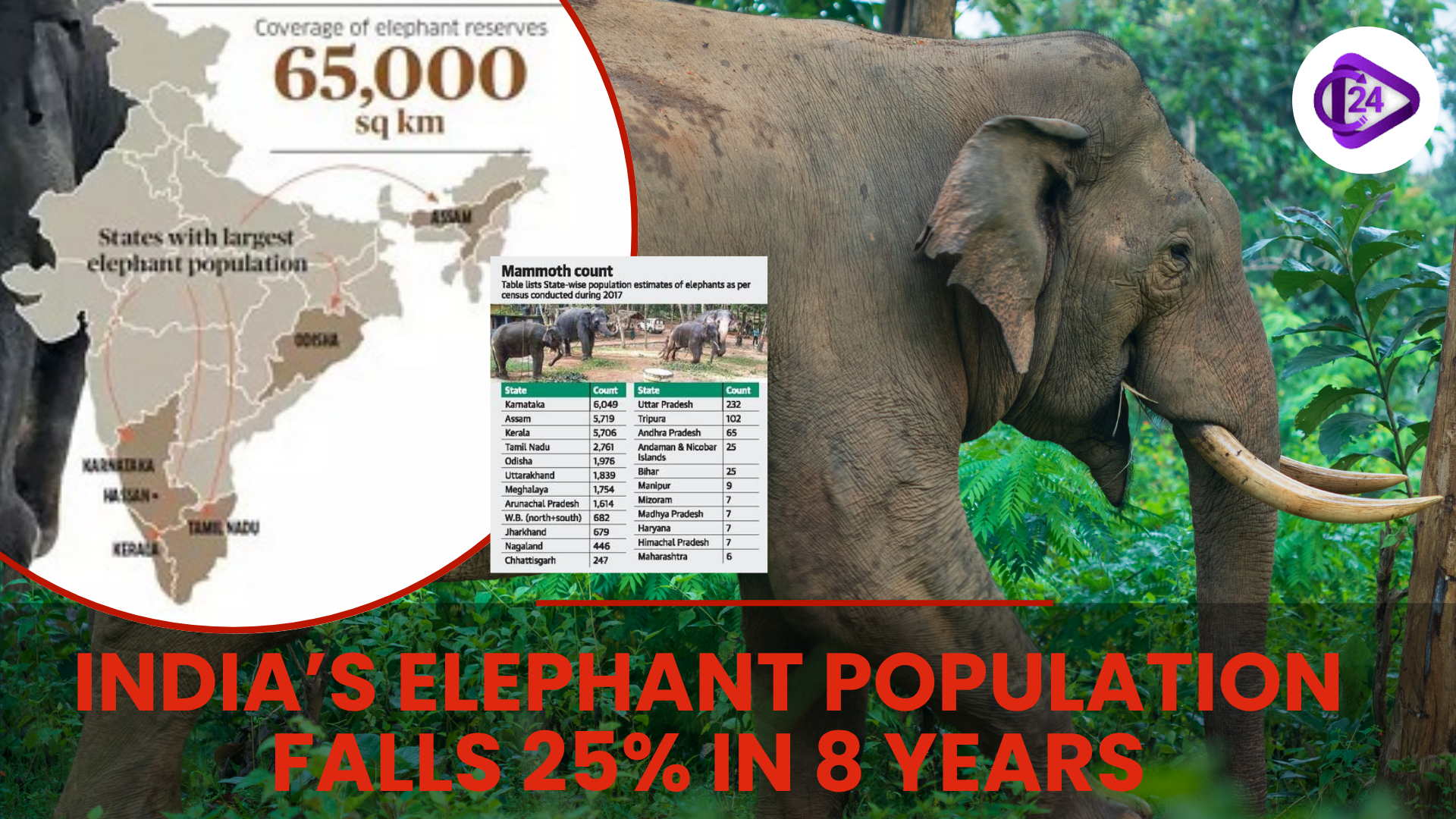
India is the first nation in the world to outline a classification of green steel. The Taxonomy can be seen as a step forward in India’s approach to decarbonization in the steel industry. India has come up with what it calls the “Green Steel” classification to clearly differentiate between sustainable and sustainable steel manufacturing systems. This plan seeks to identify the physical specifications of the environment within which steel is produced by minimizing carbon emissions. The action is in line with India’s strategy on its path to transition to a low-carbon economy and fight climate change. The above taxonomy will assist in investment decisions to fill the gaps that enhance environmentally sustainable and low-emissions steelmaking. This also puts India in a competitive place to set standards for industries such as steel, which are a key polluter of carbon globally.
What is the Green Steel Taxonomy?
It remains a model that establishes the definitions for ‘green steel’ based on their respective carbon output levels. Indeed it is an honor that India is laying benchmarks for sustainable steelmaking and this is the world’s first taxonomy of the kind.
Key Features
The star-rating system grades steel as follows:
-
Up to emissions of 1.6 tonnes of CO2 received five-star ratings.
-
Three stars for emission below 1.6 tonnes and two stars for emissions of above 2.0 tonnes.
-
The vehicle is granted three stars if its emission falls between 2.0 and 2.2 tonnes.
-
Anything more than 2.2 tonnes of steel will not qualify as green steel.
Presently, Indian steel industry is roughly at 2.6 tonnes CO2 per tonne grade.
Challenges
-
Implementation: The emission intensity targets are going to be extremely challenging to meet for countries and will entail investments and technological innovations.
-
Data Collection and MRV: In this case, its successful implementation will require timely measurements, reporting, and verification of emissions.
-
Competitiveness: Making sure Indian steel stays affordable while at the same time adhering to the green steel standards.
Actions Towards Decarbonising Steel Industry in India
-
National Mission on Green Steel (NMGS): It is within this mission that the pathway to green steelmaking is to be framed in terms of financial incentives, R&D support, and policy measures.
-
Green Steel Public Procurement Policy (GSP): This policy will therefore support the use of green steel in the acquisition by the government, which in turn will enhance the market for low carbon steel products.
-
Steel Scrap Recycling Policy 2019: Promotes the utilization of scrap as feed in the production of steel to avoid the primary routes of production that are normally associated with higher emissions of carbon.
-
Perform, Achieve, and Trade (PAT) Scheme: Promotes energy efficiency enhancement for the steel industry.
-
Carbon Capture, Utilization, and Storage (CCUS): Currently, CCUS is in the embryonic stages in India, but this technology could reasonably be used to encapsulate carbon emissions from steel plants.
Conclusion
India's Green Steel Taxonomy marks a transformative step towards decarbonizing the steel industry, setting benchmarks for sustainability. With innovative policies like the National Mission on Green Steel and a focus on recycling and energy efficiency, India is leading the global charge in aligning industrial growth with environmental responsibility. The journey to green steel demands technological advancements and investment, but its success will redefine standards for eco-friendly industrial practices worldwide.



 Why Protecting the Aravalli Range Matters for Climate, Water, and Biodiversity
Why Protecting the Aravalli Range Matters for Climate, Water, and Biodiversity Supriya Sahu Wins UNEP Champions of the Earth 2025
Supriya Sahu Wins UNEP Champions of the Earth 2025 World Soil Day 2025: Celebrating “Healthy Soils for Healthy Cities”
World Soil Day 2025: Celebrating “Healthy Soils for Healthy Cities” New Seismic Zonation Map of India
New Seismic Zonation Map of India Cyclone Fina Hits Northern Australia With Destructive Force
Cyclone Fina Hits Northern Australia With Destructive Force Tiger Returns to Gujarat After 32 Years | Historic Wildlife Comeback 2025
Tiger Returns to Gujarat After 32 Years | Historic Wildlife Comeback 2025 Namdapha Butterfly Festival Showcases the Wild Heart of Arunachal Pradesh
Namdapha Butterfly Festival Showcases the Wild Heart of Arunachal Pradesh Gogabeel Lake Achieves Ramsar Status for Biodiversity and Conservation
Gogabeel Lake Achieves Ramsar Status for Biodiversity and Conservation Cyclone Montha Makes Landfall Near Kakinada, Bringing Destruction to Andhra and Odisha
Cyclone Montha Makes Landfall Near Kakinada, Bringing Destruction to Andhra and Odisha India Conducts First-Ever DNA-Based Elephant Census, Reveals Population Decline by 25%
India Conducts First-Ever DNA-Based Elephant Census, Reveals Population Decline by 25%






